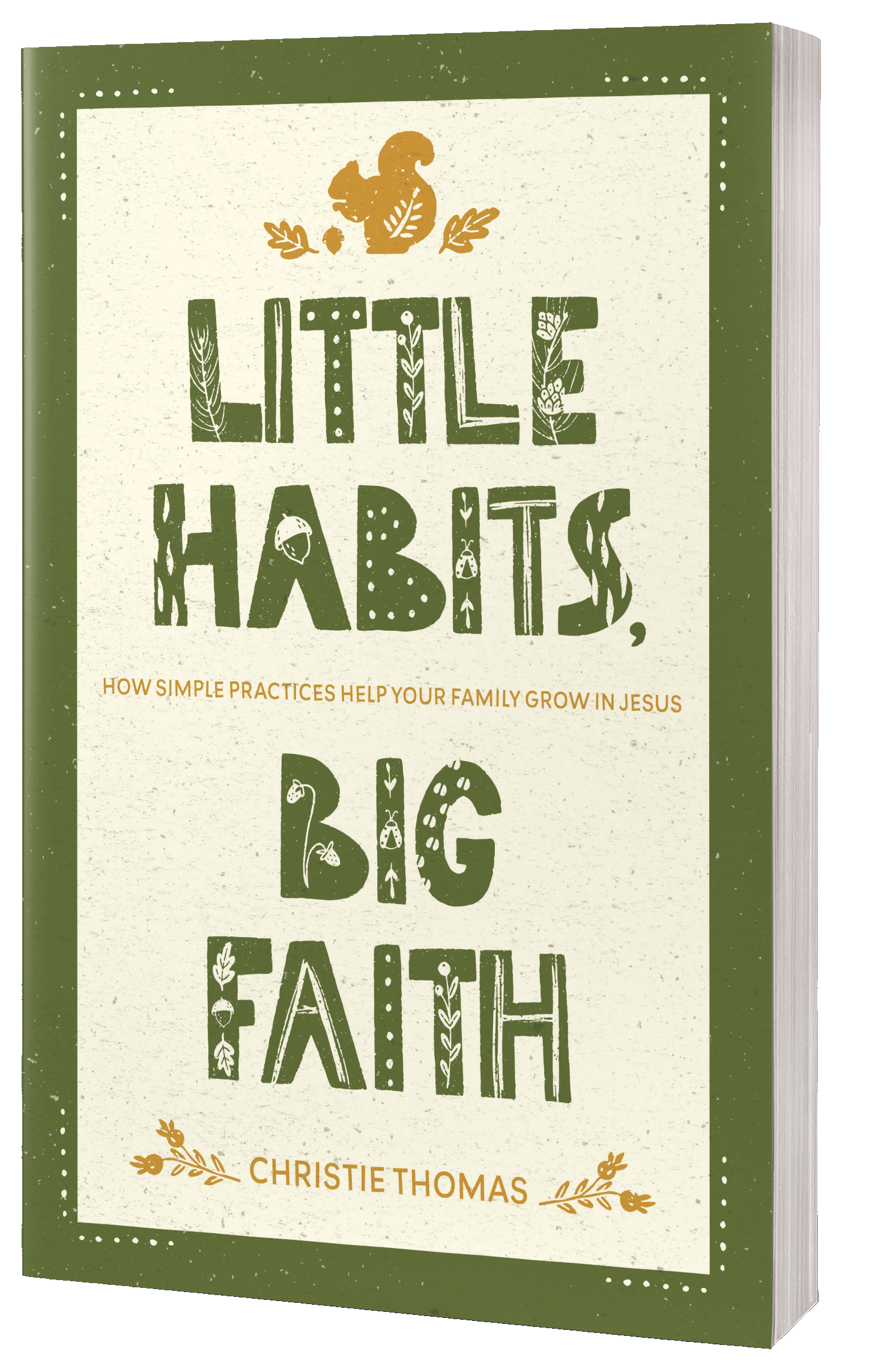As your intellectual child gets older, one thing they’re going to need is self-awareness. Honestly, this is something that can be so powerful, even when it comes to their faith.
In fact, knowing who you are is tied strongly to what you believe. They go hand in hand, as your faith is a major part of who you are and what your ideas are. This even plays a role in your thoughts, opinions, actions, and who you want to become.
When you’re a child, specifically a teenager, you’re going to be questioning yourself a lot. To a degree, teenagers even have a small extensional crisis. As terrifying as these can be, as long as your child reflects on themselves and gains self-awareness, then they’ll be confident that they’ll be following the right track both in their life and in their faith.
Here are 3 ways you can help your teen gain self-awareness through their Christian faith.

1) Talk About Emotions
As a parent, it’s a great idea to model self-awareness by sharing your own feelings and emotions with your kids. This allows them to see how you cope with challenging situations and understand how your own emotions can affect your behavior. This will also help them identify their own emotional responses and what triggers them. So, for example, if they know that when they meet new people, it makes them feel anxious, they can prepare by telling themselves to breathe deeply and try to control their thoughts.
So, how can this affect their faith? Well, it’s about not bottling up their feelings and knowing they can turn to God, too, when their feelings are both good and bad. In general, they need to be aware that whatever feeling they’re having is perfectly valid.
You can use Psalms to show them that God is perfectly ok with all our emotions, as many of them involve the psalmist crying out to God for help, wallowing in self-pity or doubt, wondering why evil seems to always win, or full of joy-filled praise. The Psalms represent the whole gamut of human emotions.
2) Understand Labels
Unfortunately, this is actually something that happens before a child turns into a teen. Sometimes, they’re even faced with this as young as preschool age. Labels like “freak,” “loser,” and “geek” can be incredibly hurtful to kids and cause them to believe those labels about themselves, which is damaging to their self-esteem. Labels also put them at risk of being bullied, which is something every child should be protected from.
As you know, teens get labeled for many things. Even crooked teeth can make you self-conscious, while body weight and normal face acne can be an embarrassment too. Of course, many teens have much deeper issues than what’s going on physically, including sexual identity, depression, and anxiety, so much of which comes from social media consumption. You can encourage your teen to pray through Psalm 139, which is a beautiful reminder that God made your child and is always with them.
However, conversations about labeling aren’t just about getting labeled. We also need to talk about labeling others.
Jesus was very clear that we are not to look at others with judgemental spirits.
“Why do you look at the speck of sawdust in your brother’s eye and pay no attention to the plank in your own eye? How can you say to your brother, ‘Let me take the speck out of your eye,’ when all the time there is a plank in your own eye? You hypocrite, first take the plank out of your own eye, and then you will see clearly to remove the speck from your brother’s eye.”
Matthew 7:3-5 NIV
Our teens need to know who they are (with only positive labels), and they need to not label others. Only they can determine who they are (with God’s help).
To help you with that, you can…
3) Identify Their Strengths
What strengths does your teen have?
The ability to identify one’s strengths and weaknesses is a critical part of self-awareness. Teenagers can assess their abilities and limitations by considering their goals and aspirations. They can also learn about themselves through education and training.
Ultimately, kids who don’t have the skills needed for self-awareness will eventually face roadblocks and obstacles and not know how to overcome them. In order to build their confidence and self-worth, teens need to embrace a growth mindset, practice positive affirmations, try new activities, and take risks without fear of judgment or rescue.
On a spiritual front, remind your teen that it’s God who helps them grow into their strengths, as we can see from Psalm 139.
Teens can learn to be positive about themselves and how God made them who they are, and this is how their faith actually helps them grow in positive self-awareness!





0 Comments